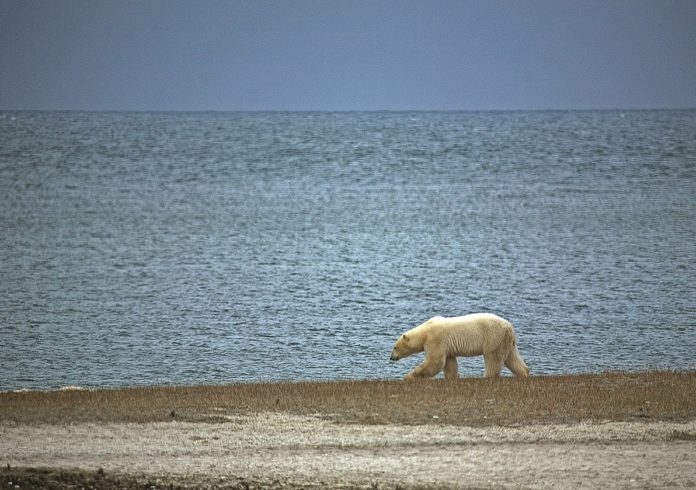The new Canadian federal government climate report warns the country is warming, on average, twice as fast as the rest of the world, with many effects already irreversible.
The freshwater chapter warns seasonal timing of peak streamflow has shifted, driven by the warming temperatures. Over the past few decades, spring peak streamflow after snowmelt has occurred earlier, with higher winter and early spring flows.
In some areas, reduced summer flows have been observed. These changes are projected to continue, with corresponding shifts from snowfall-dominated regimes to rainfall-dominated ones.
The report notes that there have not been any spatially consistent trends in flood-causing factors – such as excess precipitation and snowmelt – or in flood events across the country as a whole.
Projected increases in extreme precipitation are expected to increase the potential for future urban flooding.
Disturbances of the water cycle by humans make it difficult to discern climate-related changes, the report states. Direct measurements of freshwater availability indicators are also inconsistent across the country and, sometimes, too sparse to evaluate past changes.
Lower surface water levels of lakes and wetlands are expected – especially towards the end of the century, under higher emission scenarios – because of higher temperatures and increased evaporation. The magnitude of the increases will depend on how much precipitation offsets evaporation, the report explains.
Parts of Canada’s Arctic Ocean are projected to have extensive ice-free periods during summer within a few decades. Rising sea levels could also increase the risk of coastal flooding.








